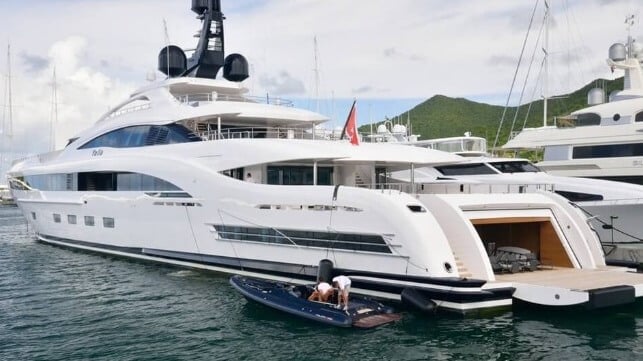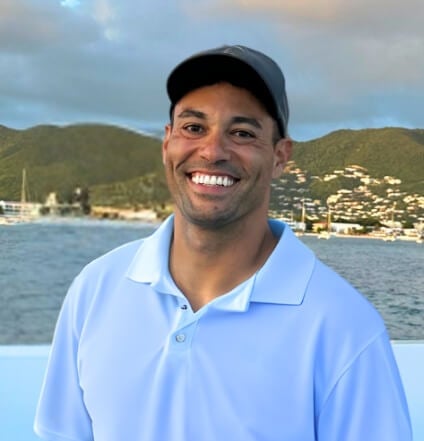Op-Ed: Yacht Industry Needs Serious Reform to Ensure Crew Safety

 The recent tragedy in the Bahamas involving stewardess Paige Bell has sharply illuminated an ongoing crisis within the yachting industry that I’ve seen for a long time, a crisis that goes beyond isolated incidents and exposes deep-rooted issues of safety, accountability, and cultural indifference toward abuse.
The recent tragedy in the Bahamas involving stewardess Paige Bell has sharply illuminated an ongoing crisis within the yachting industry that I’ve seen for a long time, a crisis that goes beyond isolated incidents and exposes deep-rooted issues of safety, accountability, and cultural indifference toward abuse.
Behind the glossy façade of exotic ports and luxury yachts lies a disturbing reality. Nearly 40% of crew members report having experienced unwanted sexual contact aboard yachts, but only around 22% ever file a complaint. Why? Because systems for reporting are inadequate, fear of retaliation is high, and a culture of silence still dominates the industry. Crew are often not even given access to complaint procedures, and when they are, they’re often too scared to use them.
The industry's reaction—calls for background checks and tighter protocols—misses the point. We don’t have a vetting problem; we have a sexual harassment and power dynamic problem. Background checks won't catch someone who’s assaulted three stewardesses but never got reported because of NDAs or fear. It’s a superficial fix to a systemic failure.
One of the most troubling aspects I’ve witnessed is how most abuse begins at the top. Long-tenured senior officers like captains and engineers become untouchable. In a closed hierarchy where nobody challenges them, toxic behavior becomes normalized. Junior crew, especially women, feel unsafe speaking up because they fear being dismissed or even blacklisted.
To create change we must begin by creating accountability and that must start with leadership. Captains and management must genuinely enact zero-tolerance policies, not just verbally but visibly. In addition, training in trauma awareness, conflict resolution, and mental health should all be mandatory. Junior crew need to feel safe voicing concerns without fear.
The current legal protections are also showing up inadequately. The Maritime Labour Convention (MLC), intended to safeguard seafarers, doesn’t apply to many private yachts under certain size thresholds. This makes enforcement weak, especially when yachts are flagged in offshore jurisdictions. Even in cases that are reported, victims often find themselves silenced with hush money and removed quietly from the vessel.
We need a different approach involving a secure, anonymous, third-party reporting system with real weight and able to track repeat offenders and create further accountability. NDAs must not be used to cloak criminal behavior. The industry needs a shared red-flag database so perpetrators can't simply move onto the next boat.
Women entering the industry are particularly vulnerable. They often lack relationships or backup systems at the start and can be preyed upon. I always tell young crew to not assume safety comes with a uniform and that they must trust slowly, learn fast and look out for each other.
I’m relieved to say that some change is happening, crew members are beginning to speak up more often, share warnings, and challenge the status quo. That momentum must translate into policy, not just talk.
I firmly believe that change must start and continue from the top. Yacht owners and management have to prioritize crew welfare over reputation or profit. It’s time for the industry to evolve in ways like arming crew with safeguards, empowering leadership to act, and dismantling cultures of silence. Only then can we move from tragedy to transformation, and ensure that the next generation of crew can navigate their careers with dignity, safety, and respect.
Hugo Ortega is a Superyacht Captain 500T, educator, and founder of Superyacht Sunday School, a global platform helping aspiring crew enter the luxury yachting industry.
The opinions expressed herein are the author's and not necessarily those of The Maritime Executive.
